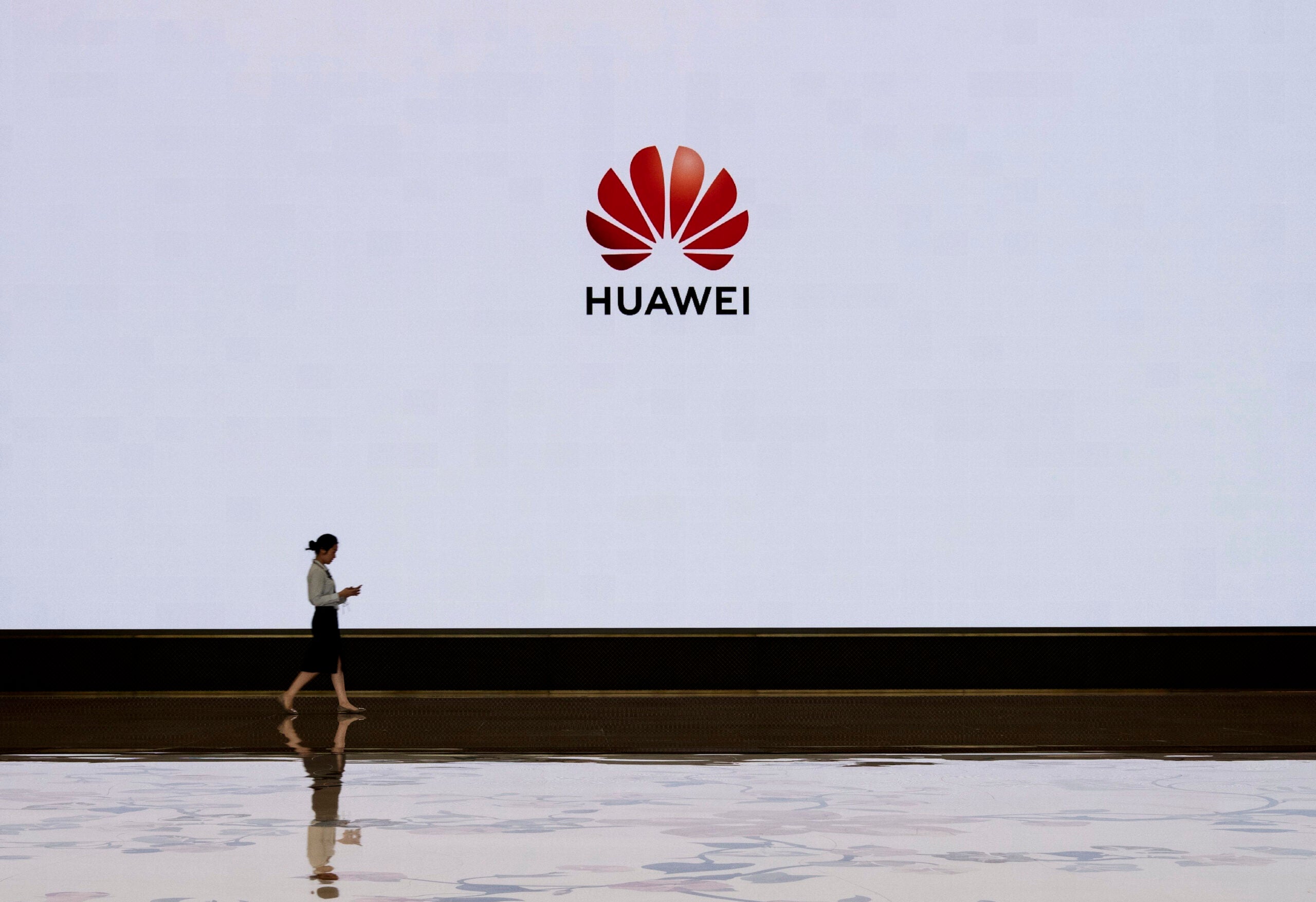
Chinese tech giant Huawei says it is determined to develop cutting-edge advanced semiconductors, despite mounting pressure from the US that has cut it off from foreign contract manufacturers it had been reliant on. Huawei insists it will keep its chip manufacturing arm, HiSilicon, even if doing so is not profitable.
Catherine Chen, a Huawei director and senior vice president, said recently that the firm had no plans on restructuring its chip design unit, as reported by Nikkei Asia. This indicates that the company won’t be laying off any of its 7,000 plus workers from the subsidiary. This sizeable number may be hard to maintain when considering HiSilicon isn’t expected to contribute to the company’s earnings for possibly many years.

Access deeper industry intelligence
Experience unmatched clarity with a single platform that combines unique data, AI, and human expertise.
According to Omdia, the first quarter of this year saw HiSilicon generate only $385m, 87% less than in the second quarter of the previous year, during which Huawei’s revenue reached an all-time high.
On Monday, a statement posted on Chinese social media platform Weibo gained significant support from netizens, reading: “For other companies, it is unacceptable to maintain a semiconductor department with more than 7,000 people and fail to generate revenue in a short period of time. However, a senior executive of Huawei said in an interview a few days ago that their private company is not affected by external forces.
“We will not give up HiSilicon. HiSilicon will continue to develop semiconductor chips and will be able to cope with it in the next three years.”
Many fans voiced strong emotional support as China’s battle for technological independence has become a symbol of Chinese nationalism, especially amid rising foreign pressure.

US Tariffs are shifting - will you react or anticipate?
Don’t let policy changes catch you off guard. Stay proactive with real-time data and expert analysis.
By GlobalDataLast August, a US ban on the Chinese tech conglomerate was extended to include Taiwan Semiconductor Manufacturing Company (TSMC), which hit Huawei’s Achilles heel, as the company depends on the Taiwanese giant to make advanced chips for its products.
As additional sanctions were imposed on Huawei, the company rushed to stock up on components developed by HiSilicon. Huawei’s management expects that sanctions in their current form will remain for another two to three years.
For now, HiSilicon will survive both by developing new types of products, for example chips for TVs with support for 8K resolution, and by looking for technology partners in other countries. The main pressure in the latter case is to avoid the use of sanctioned technologies of American origin.
Last month, it was announced that Huawei had applied for the registration of a 3-nanometre (nm) chip, tentatively named Kirin 9010. The company has also recently invested $2bn into its software engineering capabilities.
During the annual Huawei analyst conference in May, the rotating chairman Xu Zhijun said that “US restrictions on Huawei have disrupted the trust system of the global semiconductor industry chain, caused panic stocking by global companies and ultimately led to a global semiconductor supply shortage.”
At the conference, Xu also doubled down on the need to boost Huawei’s software engineering capabilities to reduce reliance on foreign semiconductor manufacturers.







